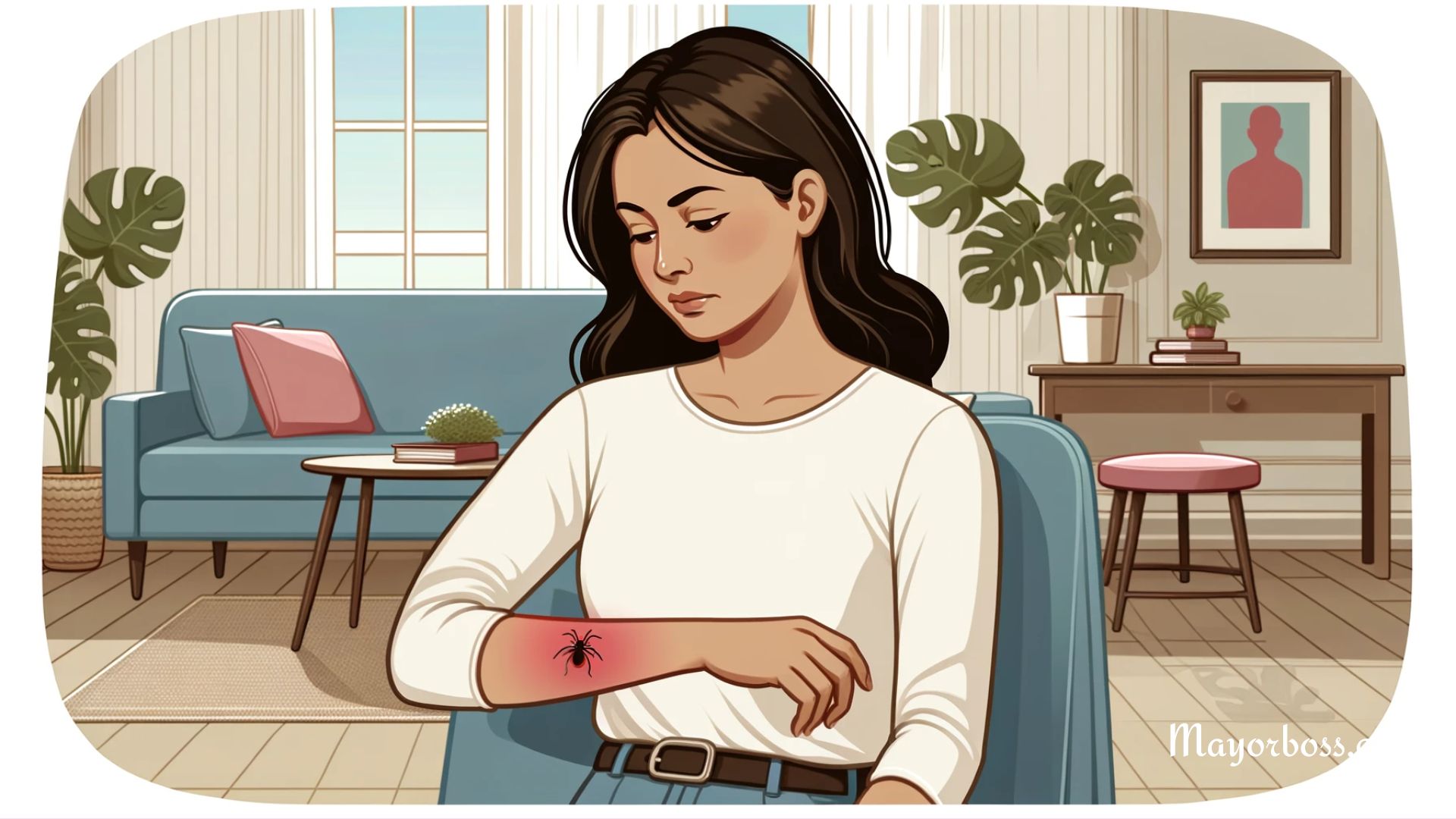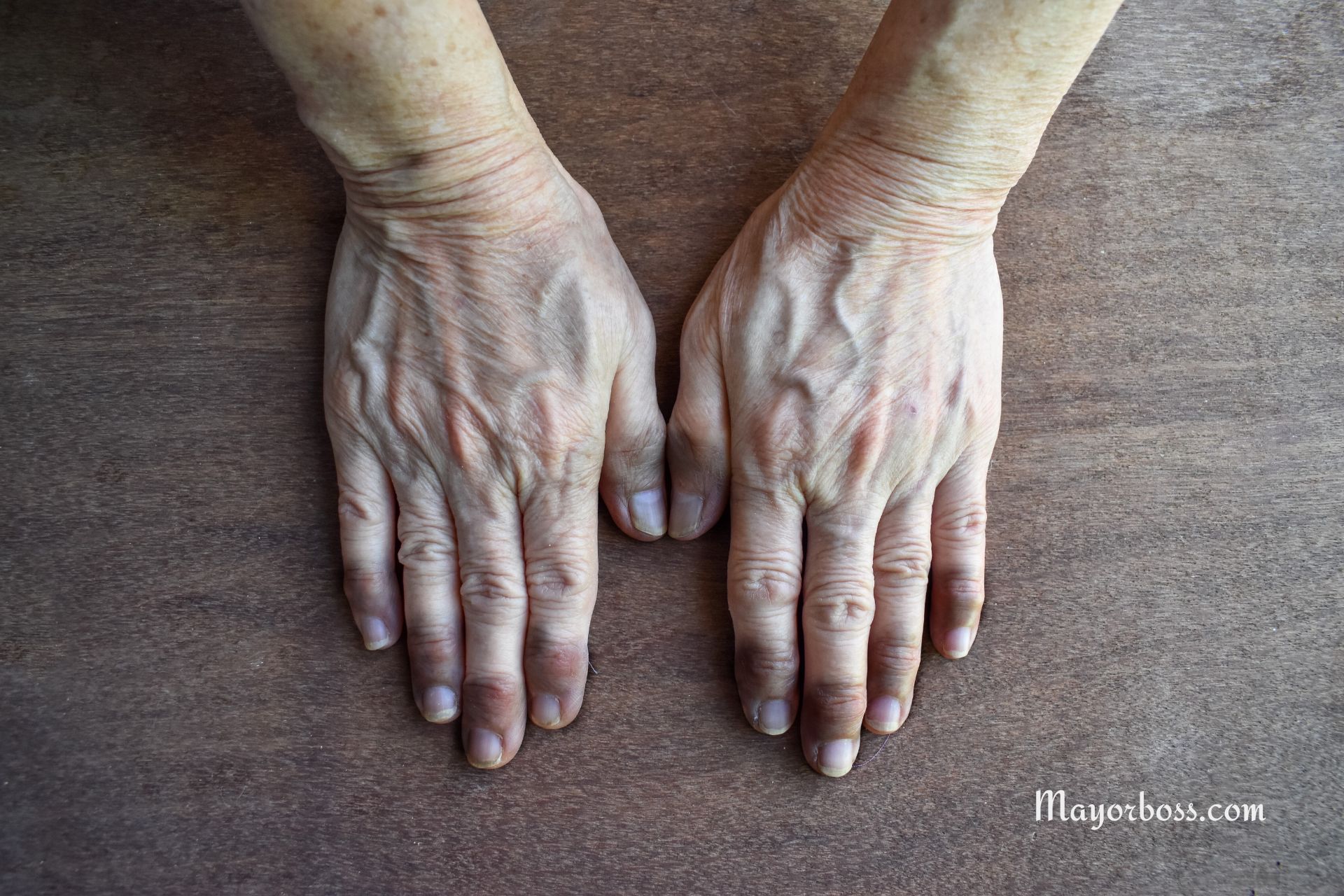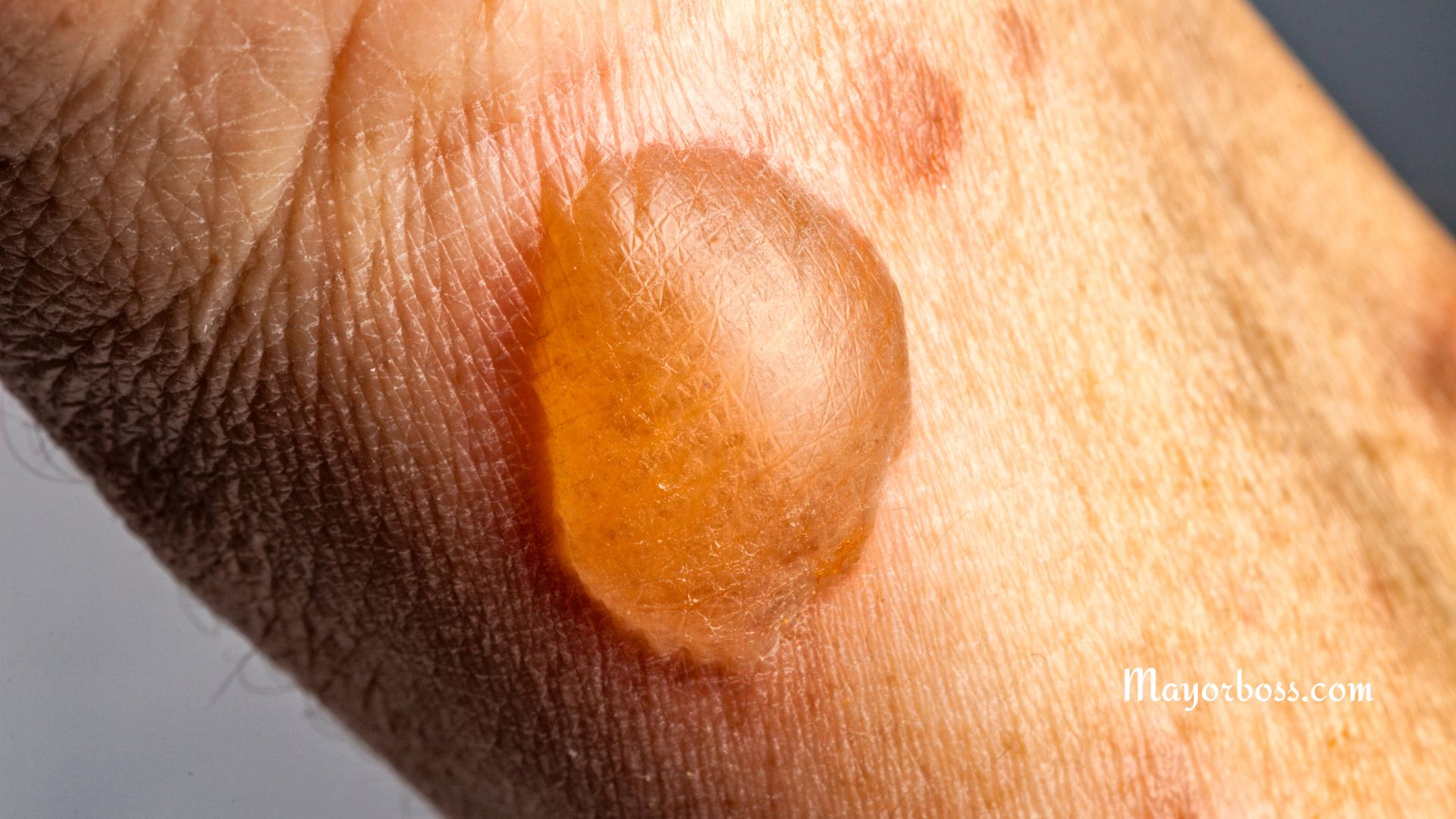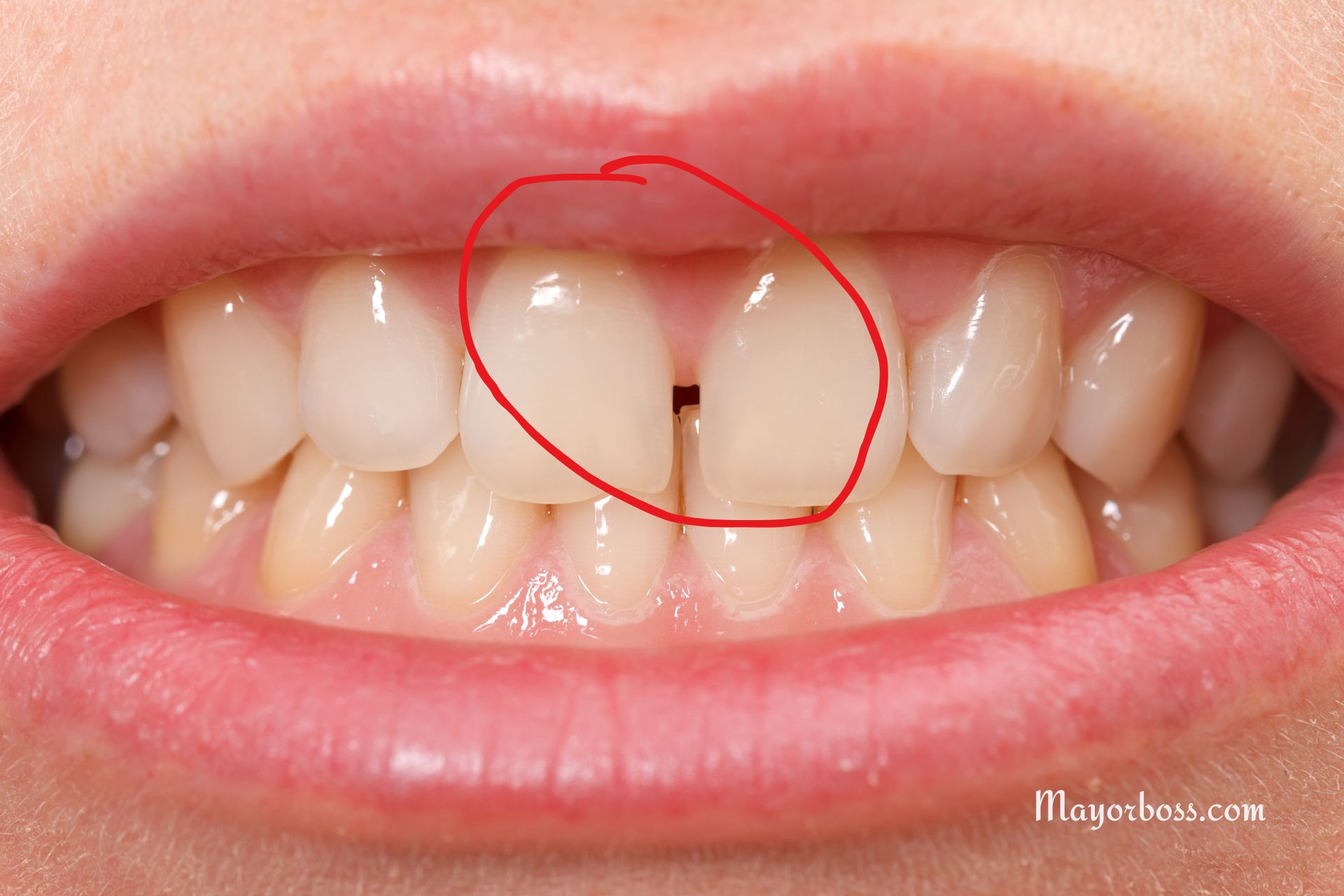What to Do About Spider Bites
Have you ever been bitten by a spider and found yourself wondering what to do next? Spider bites, while often harmless, can sometimes lead to complications. In this article, we’ll walk through the steps you should take if you suspect a spider bite, and we’ll also touch on when it’s time to seek medical attention.

Identifying a Spider Bite
First, let’s talk about how you can identify a spider bite:
- Appearance: Spider bites typically manifest as small, red, and inflamed areas. They may resemble other insect bites.
- Symptoms: You might experience pain, itching, or swelling around the bite area. In rarer cases, symptoms can include muscle pain or cramps, nausea, fever, and headaches.
- Location: Bites are often on exposed areas of the skin, such as arms and legs.
Immediate Treatment for Spider Bites
If you think you’ve been bitten by a spider, here’s what you should do:
- Clean the Area: Gently wash the bite with soap and water. This reduces the risk of infection.
- Apply a Cold Compress: This can help reduce swelling and ease pain.
- Elevate the Area: If the bite is on a limb, keep it elevated to reduce swelling.
Over-the-Counter Treatment
For most spider bites, over-the-counter treatments are sufficient:
- Pain Relievers: You can take acetaminophen or ibuprofen for pain relief.
- Antihistamines: These can help if the bite is itchy.
- Topical Creams: Hydrocortisone cream or calamine lotion can soothe the skin.
When to See a Doctor
In certain scenarios, it’s crucial to seek medical attention:
- Severe Symptoms: If you experience severe pain, abdominal cramping, vomiting, or difficulty breathing, seek immediate care.
- Signs of Infection: Increasing pain, redness, warmth, or pus indicates an infection.
- Suspected Dangerous Spider Bite: Bites from black widow or brown recluse spiders require medical care.
Preventing Spider Bites
You can take steps to reduce your risk of spider bites:
- Wear Protective Clothing: Long sleeves and pants are helpful when you’re in areas with lots of spiders.
- Keep Your Home Spider-Free: Regular cleaning and decluttering can reduce the presence of spiders.
- Be Cautious in Spider-Prone Areas: Check clothing, shoes, and bedding in areas where spiders are common.
Frequently Asked Questions
Can spider bites cause long-term problems?
Most spider bites don’t lead to long-term issues. However, bites from certain spiders, like the black widow or brown recluse, can cause more serious complications.
Are all spiders venomous?
Many spiders are venomous, but most are not harmful to humans. The venom of most spiders is too weak to cause significant symptoms.
How can I tell if a spider is dangerous?
Dangerous spiders like the black widow spider or brown recluse spider have distinct markings. Familiarize yourself with these spiders, especially if you live in areas where they are common.
Spider bites are usually a minor health issue, but it’s important to know how to handle them and when to seek medical help. By staying informed and taking proper precautions, you can manage spider bites effectively and reduce your risk of complications.






